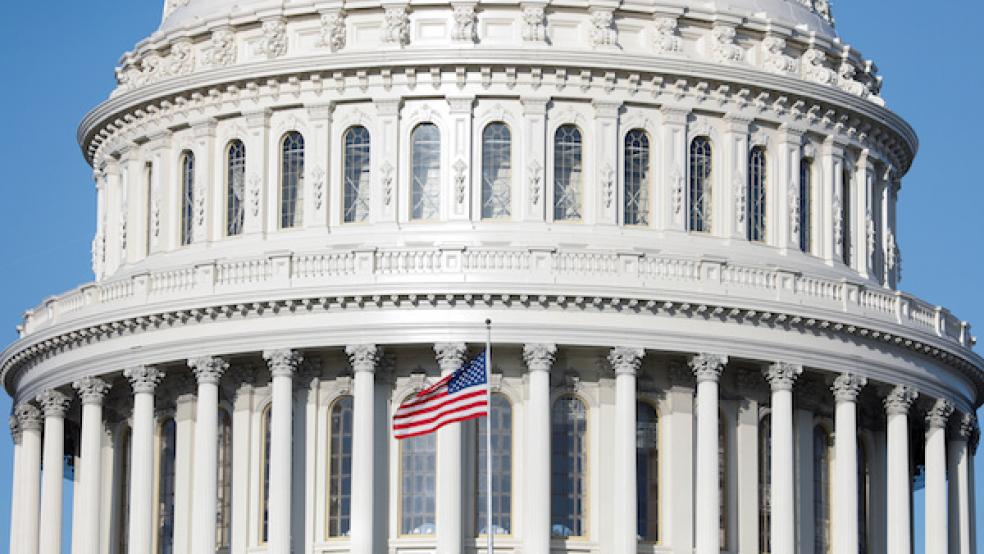The battle over the Biden administration’s next economic package is heating up, with Democratic liberals and centrists staking out divergent positions that could result in a long-running battle to shape the potentially historic bill.
Progressives are reportedly discussing plans to pressure the White House to increase the size and scope of its spending package. One member of the Congressional Progressive Caucus said that the president should “be bold with his opening offer,” Axios reported, and some liberals are pushing for Biden to go beyond the $3 trillion mark that has been floated in recent weeks.
The Sunrise Movement, a progressive group focused on climate change, has argued that green energy will require $1 trillion per year for 10 years, and that $10 trillion total could become the new liberal benchmark. "Progressives feel like this package will define Biden's presidency, and that $3 trillion over 10 years feels low, and it may not meet the scope of what we need to do — in particular on climate,” a source told Axios.
Sanders’ big plans: Sen. Bernie Sanders (I-VT) is another liberal figure pushing for major changes in the next spending package, including lowering the age for Medicare eligibility to 55. He also wants the government to have the power to negotiate the prices of drugs that are covered by Medicare, and for the program to provide coverage for dental work, hearing and vision care.
Sanders wants the expansion of Medicare to be included in the multi-trillion-dollar bill that will also address infrastructure, with the whole thing being sold as a way to address the long-term structural problems that the American people are facing. “We’re talking about physical infrastructure, affordable housing. We’re talking about transforming our energy system to deal with climate change. We’re talking about human infrastructure,” Sanders told Politico.
Resistance at the center: At the same time progressives are pushing for Biden to move further left, centrist Democrats are expressing concerns about some of the tax hikes being discussed as a way to help pay for the ambitious spending plans.
Rep. Josh Gottheimer (D-NJ), who co-chairs the bipartisan Problem Solvers Caucus, told Axios that he was worried about how tax increases would affect the economy. "We need to be careful not to do anything that's too big or too much in the middle of a pandemic and an economic crisis," Gottheimer said, adding that he wanted Republicans to be involved in the discussions over the next bill. “It's got to be responsible and both parties need to be at the table. This can't just be jammed through without input and consideration from the other side.”
One key sticking point for Democrats from the Northeast is the state and local tax (SALT) deduction that was capped in the GOP’s 2017 tax legislation, costing homeowners in high-tax states billions of dollars in lost deductions. Gottheimer said he wouldn’t consider any tax package that failed to reinstate the full SALT deduction, a move that is opposed by many progressives and many conservatives, too, since it would benefit mainly affluent suburbanites in blue states.
Rep. Tom Suozzi (NY), another Northeastern Democrat, has taken the same position, telling Axios: “I'm not voting for any changes in the tax code unless we reinstate SALT as part of the deal.”
The bottom line: Much of the attention in the battle over taxing and spending has been on the disagreements between Democrats and Republicans. But Biden’s next economic package may be shaped more by the conflict between liberals and moderates within his own party, and it could be a considerable challenge to strike a balance that will please all participants.




